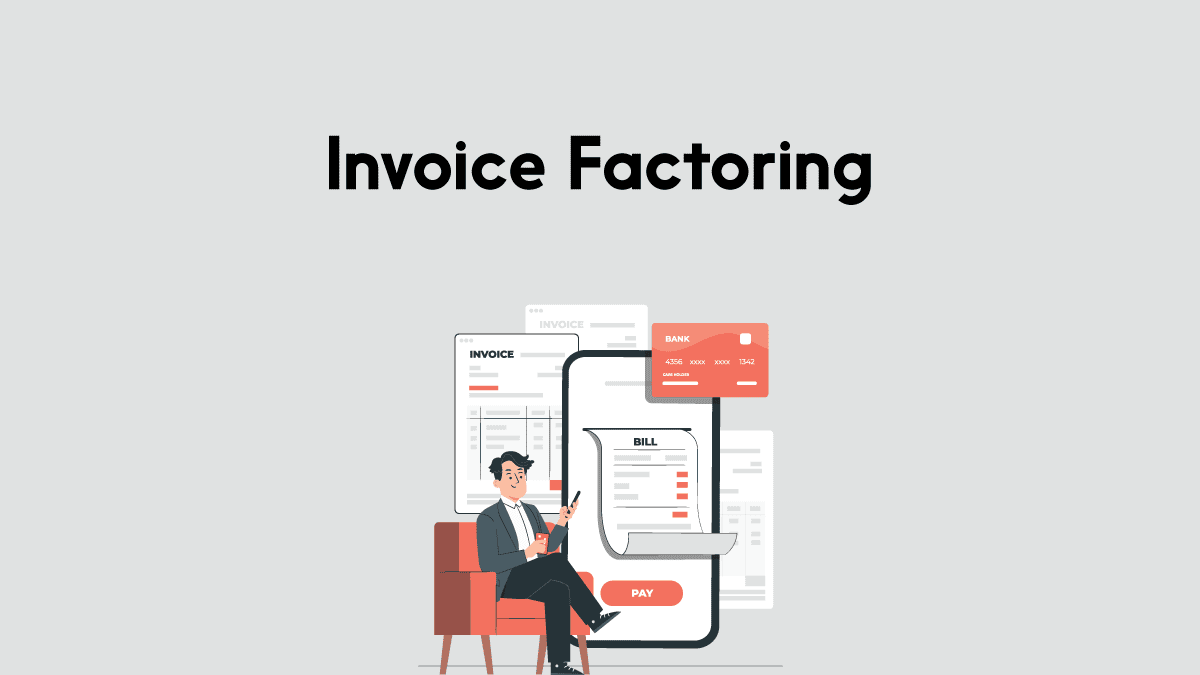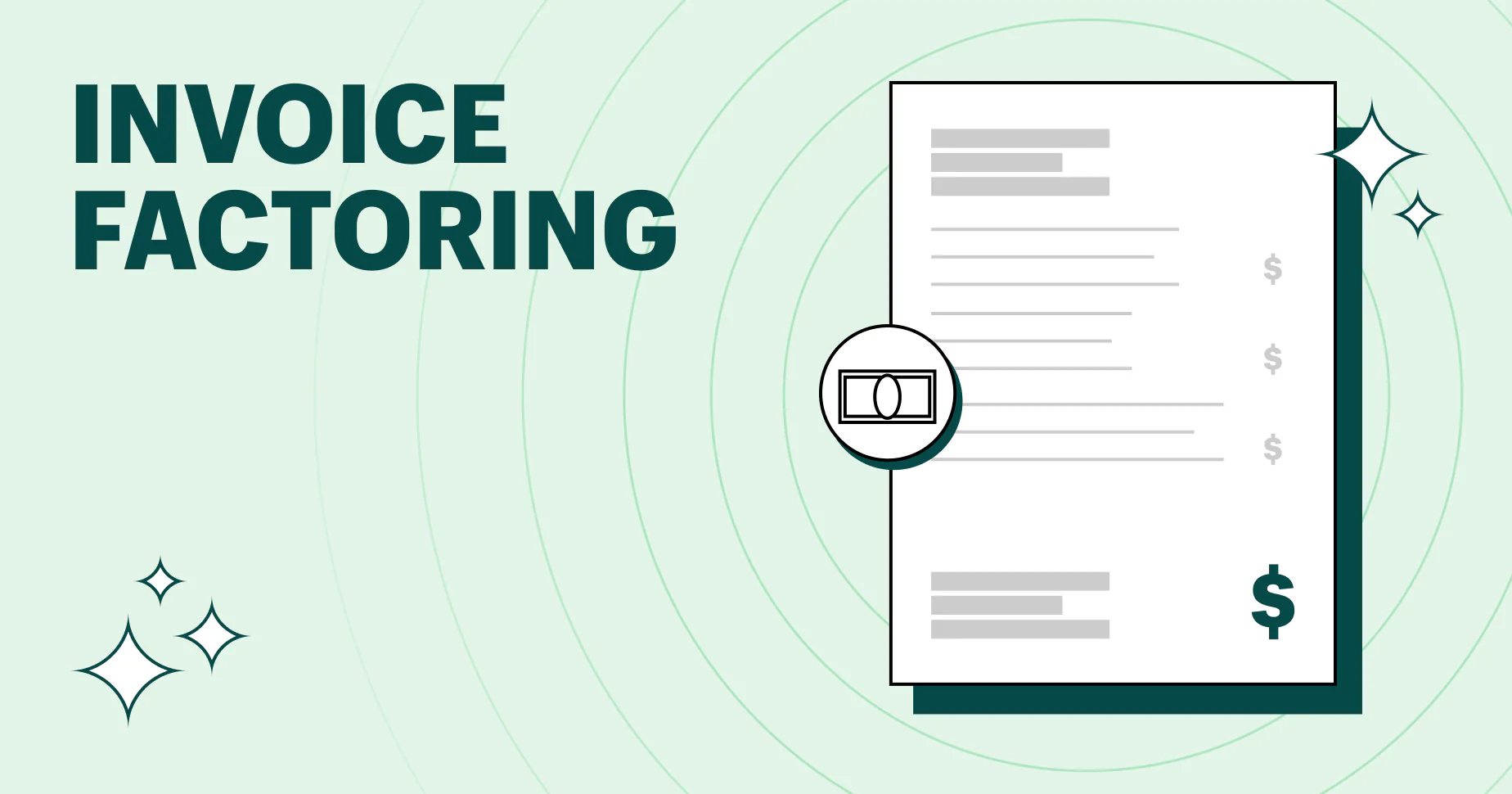Cash flow management remains a persistent problem all businesses have to deal with especially those that operate on invoices. The waiting game with customers settling their outstanding bills is often accompanied by the dreaded cash flow deficit, making it virtually impossible to pay operational expenses, much less invest in growing the business. However, accounts payable financing may change the game entirely.
In case you’re left asking yourself ‘what is invoice factoring’, this blog post aims to share in detail what invoice factoring entails, the workings of invoice factoring, and its business benefits. We intend to address how Simply Factoring Brokers can assist you find an appropriate invoice factoring answer to your questions.
What is Invoice Factoring?
Invoice factoring is a type of service that allows businesses to receive payment upfront for their outstanding invoices. This service allows companies to receive an advance payment after submitting the invoices to a third party payment factoring company. Instead of waiting for clients to settle the invoices, businesses can receive partial payment, usually within 24 to 48 hours. These funds can be used to cover various business expenses including payroll, opt rent, and other operational costs, thereby improving cash flow during business lulls.
The factoring company buys the invoice and from that moment on, it is the one who collects the payment from the customers. After collecting the payments from available invoices, the factoring firm remits the remaining balance to the seller after deducting specific charges.
This payment procedure helps businesses maintain adequate cash reserves which are hard to come by when inbound invoices create delays in cash inflow, be it 30, 60 or 90-day terms.
How Does Invoice Factoring Work?
As all factoring steps can be separated into simple and easily manageable parts, the procedure as a whole becomes uncomplicated.
Step 1: Submit Your Invoices
The first step toward factoring is contacting a factoring company and submitting the unpaid invoices. The invoices that await payment should be those for which the clients have already been provided with goods and services.
Step 2: Cash Advance
Based on the analysis of your invoices and the payment risk evaluation of your customers, the factoring company will give you an advance that ranges from sixty to ninety percent of the invoice amount. More specifically, businesses receive advances from seventy to ninety percent of the invoice amount. This allows your business operations to continue without any disruption due to cash flow.
Step 3: Invoice Collection
Starting from this point, the collection of payments from your customers will now be handled by the factoring company. They will contact your clientele, pursue them, and facilitate the collections to ensure invoiced payments are received.
Step 4: Final Payment
When the client remits payment, the factoring company will reimburse you the balance payable to you, retaining a service charge, which in most cases is one to three percent of the invoice amount. In this case, the fee will depend on several considerations which include the volume of invoices, the risk involved, and the contractual terms of the agreement.

There are two groups into which invoice factoring can be subdivided:
1. Recourse Factoring
Recourse factoring is a type of factoring for which a company needs to repay the invoice financing in case the client defaults on payment. Simply put, if the factoring company chooses to extend an advance, they must at some point during or after the payment period receive some amount (asset). If not, the business must cover the advance. This type of factoring generally comes cheaper, but in any case, the burden of risk rests with the company.
2. Non-Recourse Factoring
In non-recourse factoring, the financial entity bears the risk of non-payment. In this instance, the factoring company takes the loss if a customer does not settle the invoice claiming it will not seek recourse for charging. Thus, in case she incurs that expense, there is no risk for reclaiming assets. Although shifting the liability incurs costs, limiting the cost to a business is always beneficial.
Both subtypes of invoice factoring have benefits, and it is best for a firm to decide the options depending on business risk appetite, needs of the firm, and the nature of their customers.
The Benefits of Invoice Factoring
If you provide goods or services on credit with longer payment cycles, invoice factoring is beneficial for your business. The most pertinent advantages are:
1. Cash Flow
Immediate cash inflow is one of the most important advantages of invoice factoring. Instead of waiting for clients to make payments, you can immediately access the cash that is stuck within your accounts receivable. This will enable you to meet day-to-day expenses, pay suppliers, reinvest in the business, and take full advantage of new opportunities without bothering about shortages in cash flow.
2. No Additional Debt
Factoring unpaid invoices does not add any debt to your business, unlike bank loans and credit lines. You are selling an asset, which is your unpaid invoices, in exchange for cash. So there is no repayment nor interest clawed upon. Hence, one can consider invoice factoring a debt-free financing option.
3. Expansion Opportunities for Growth Have Increased
Higher cash flow will always lead to higher levels of reinvestment. Businesses can purchase additional inventory, increase staff headcount, and take up new initiatives. Enhanced access to funds allows businesses to take advantage of expansion opportunities in a timelier manner. It helps businesses to focus on growth_ as opposed to waiting for payment collection from clients/cash customers.
4. Delegating Collections
Selling your invoice allows the factoring company to take over collection services. “This allows you to concentrate on areas like sales and customer relations,” said Sophia Adams. “Payments that are overdue do not need to be collected or chased after.”
5. Easy Adaptability
Invoice factoring is one of those solutions that adapt to your business. More invoices mean more revenue for your company, and the possibility of factoring additional invoices means you can access more cash,” Adams said. “This possibility makes It invoice factoring a preferred option for all businesses regardless of size.”
Why go with Simply Factoring Brokers?
In Canada, Simply Factoring Brokers are among the leading providers in the market for services for invoice factoring. We concentrate on enabling businesses to find the appropriate solutions that optimize cash for growth control support. Here’s what we can help you with:
1. Access to Many Factoring Lenders
We can ‘Through our network of trusted factoring companies, we have a number of options to offer,” Adams said. “This enables you to evaluate different offers and choose the most appropriate terms suitable for your business.”
2. More Straightforward Procedures
Simply Factoring Brokers enable you to acquire invoice factoring financing within a period of 24 to 48 hours and ensure business cash flow is not interrupted.
3. Guidance from Experts
Each of our specialists has detailed knowledge concerning every stage of the factoring process, meaning you will receive solutions specific to your needs from the very beginning. Contact us whenever you have a concern, and be confident of receiving professional guidance.
4. Your Money, Your Flow
With the aid of third-party factoring service providers, we make sure that your business can achieve optimum competitive rates and terms while improving cash flow and surcharging less on other costs and fees.
Final Remarks: In which business is invoice factoring beneficial?
If the ideal scenario is to improve cash flow without creating new debts, then selling outstanding invoices to a factoring company will provide the most immediate access to funds needed for operational costs, suppliers, and even growth opportunities. Factoring companies work with several industries, thus they offer flexible terms and prompt assistance, making them the preferred provider.

